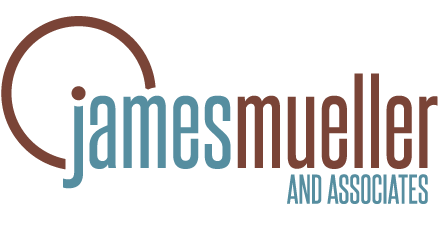Board Service is Anything but Business as Usual. Are You Practicing the 3 Top Skill Sets Required to Thrive in This New Environment?
Organizations and their executive leaders today face incredible challenges, and while boards typically focus on the necessary changes they hope to see from management, they must not forget that adaptability is often the best way to influence constructive leadership throughout the organization.
During the foreseeable future, organizations and companies must grapple with the rising cost of providing services and managing external conditions, such as increased investor relations or—for nonprofit boards—donor activism and reporting on social, governance, and other data. Above all, everyone is managing unique recovery decisions due to COVID.
Board members may underestimate the importance of their roles. Research regarding both for-profit and nonprofit sectors shows that the economic power of corporations and the socially transformative power of nonprofits are more influential than governmental entities. It’s worth reflecting on the significance of this evolving trend and just how much is at stake in boardrooms. As you head into your next meeting, consider three powerful practices:
Honor who’s not in the room
Board members aren’t governing within a private space any longer. Largely due to social and digital media, their decision-making is evaluated broadly by stakeholders they don’t even know from a vast array of networks. What board members do and say is often laid bare and judged on social and traditional media. This visibility increases expectations from various constituents and followers. This compels board members to closely follow their values and honor who’s not in the room.
Demonstrate you’re worthy of trust
The world craves leaders who can build trust—not manufacture a facade simply because that’s what people want but to give others dignity by proving they’re “trust-worthy.” As board members, you can demonstrate your trustworthiness by recognizing that it’s not about you as leaders, but it’s about the mission, management, and employees you serve. Are you credible? Reliable? Entrustable?
Raise your consensus game
Boards are increasingly represented by people of different backgrounds, training, and problem-solving talents. There is less groupthink today, which translates into better outcomes for donors, customers, and stakeholders. The other side of this coin, of course, is that it’s harder to achieve consensus, which means you have to raise your game with perspective-taking, listening, and valuing what everyone has to offer—all essential skills for our evolving working world.
Despite what’s expected of staff to execute on an organization’s mission, the truth is that the board position is still the highest office, so it’s critical for leaders who hold these seats to recognize their chance to adapt. If you anticipate that your work has greater visibility, is expected to demonstrate trustworthiness, and involves more intentional decision-making skills, you’ll be better prepared to pivot when the next disruption changes the landscape.
If you’re in a position to be of service or recruit on behalf of a nonprofit or corporation, learn more about my latest book, Onboarding Champions. I’d love to hear your feedback.

